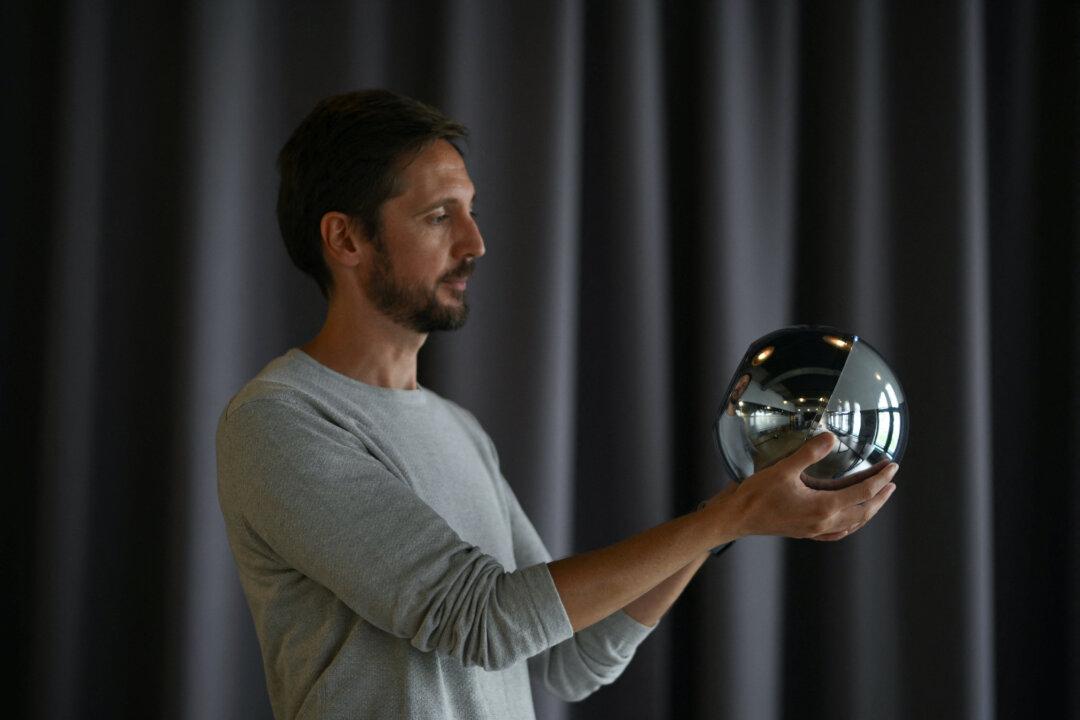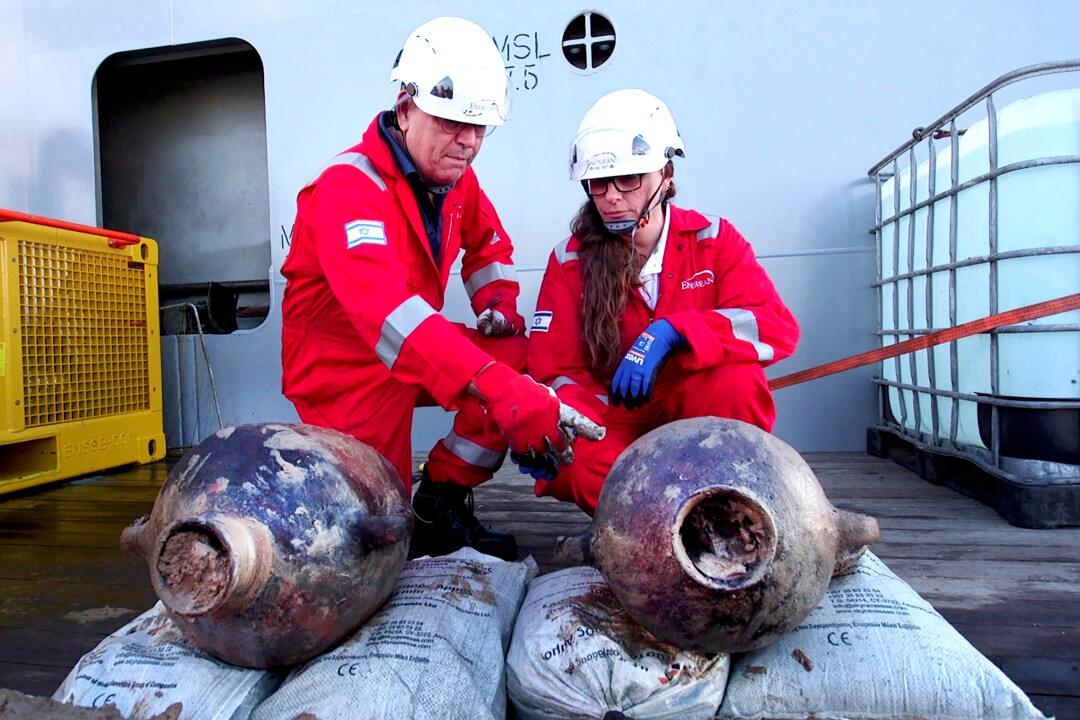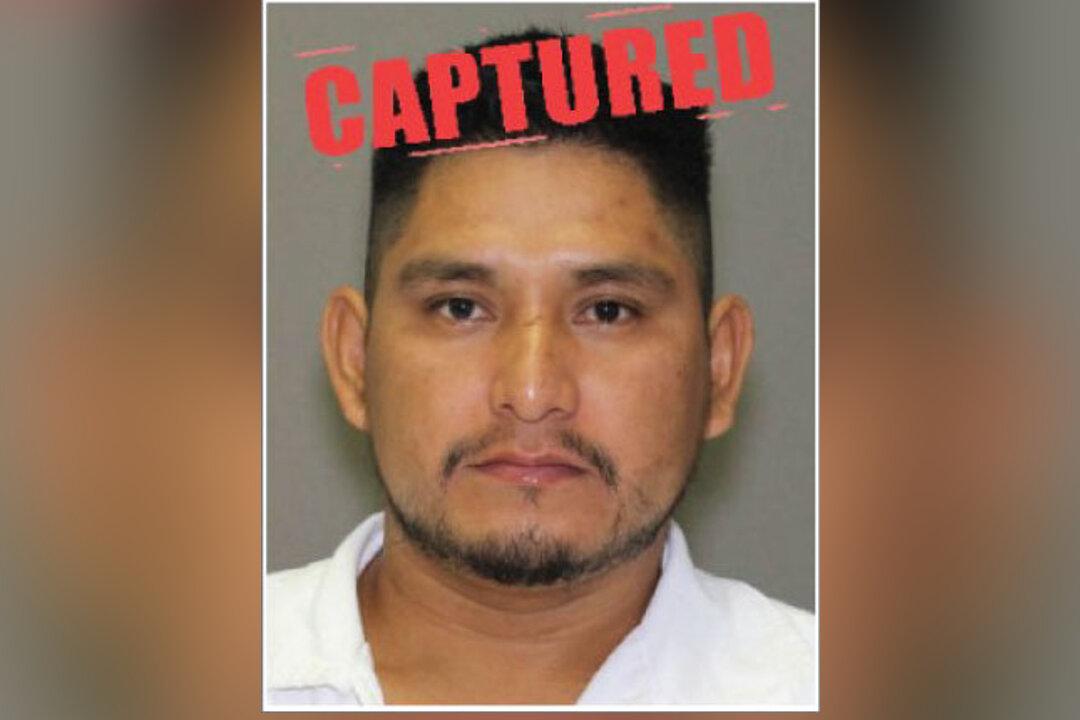An identity and cryptocurrency company, recently co-founded by OpenAI’s CEO Sam Altman, is scanning people’s irises to create an “identity and financial network,” according to a senior manager.
Worldcoin aims to create the biggest, global “financial and identity community that we can,” said Ricardo Macieira, general manager for Europe at “Tools For Humanity,” the San Francisco and Berlin-based company behind the project.





